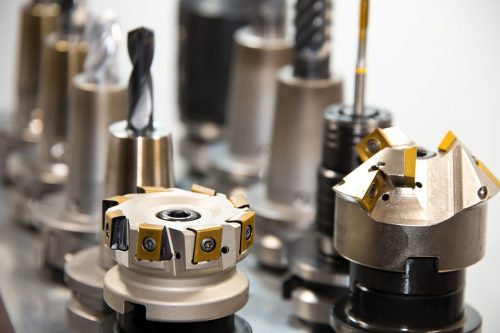How CNC Machining Impacts Modern-Day Manufacturing
Computer Numerical Control machines are used in most industries but they are popular in the manufacturing sector. The machines were first used in the 1950s and grew in popularity in the 1970s among advanced manufacturers. They help manufacturing businesses become flexible and effective in their operations by increasing productivity without compromising their quality and accuracy.
The CNC machines have greatly improved since they were introduced into the industry. Nowadays, they are pre-programmed using Computer-Aided Design (CAD) and Computer-Aided Manufacturing (CAM) files to create accurate finished goods and prototypes. They have also reduced the over-reliability of qualified engineers who only operate specific types of equipment and made it easier for less-trained technicians to operate them. Here are some of the many impacts CNC machines have brought to the manufacturing industries.
Reduction of operating costs and improved accuracy
The CNC machines have helped increase manufacturing speeds. The use of CAD and CAM in prototyping has helped reduce design flaws and also reduce operating expenses. The product design stage is expensive and complex in mass production. They help manufacturers make small adjustments and corrections to designs before they enter the final stage of production. They also operate 24/7 and may be switched off only when there is a need for routine maintenance and servicing of the machines. It increases revenue because they are more reliable than human-operated machines.
Improved quality and adoption of automation systems
The ability of CNC machines like Milling machine and CNC lathe is to precisely produce complex items of unique shapes made them popular. There are pre-programmed movements that aid the machines to know the exact task to perform. It has led to reduced human intervention, saving a lot of time and eliminating possibilities of errors. Manufacturers also use predictive analytics of the CNC machines to deal with downtimes that occur when servicing the machines. It enables businesses to guarantee high-quality finished goods to their clients in due time by making routine operations smooth.
Improved safety
As long as the task commands have been programmed into the machines, they will operate effectively on their own without operators getting close to them. The machines may perform tedious and dangerous tasks like handling corrosive items and operations that involve high temperatures. They operate on their own for long periods and require minimum monitoring, helping improve the safety of employees. The only time they will get close to them is when they are replacing tools or servicing the machines.
Reduction of waste
The traditional manufacturing practices involve a lot of waste and when a mistake is done, the materials are discarded. CNC machines have revolutionized the industry through precision work by maximizing material use and reducing errors. They have helped reduce the cost of final products for the manufacturer and customers while maintaining high quality. They are also more reliable and efficient than humans. Also, a manufacturer does not require multiple machine parts with CNC machining because they are all-inclusive. CNC machines have a positive impact on the environment because the use of fewer tools means less waste.



